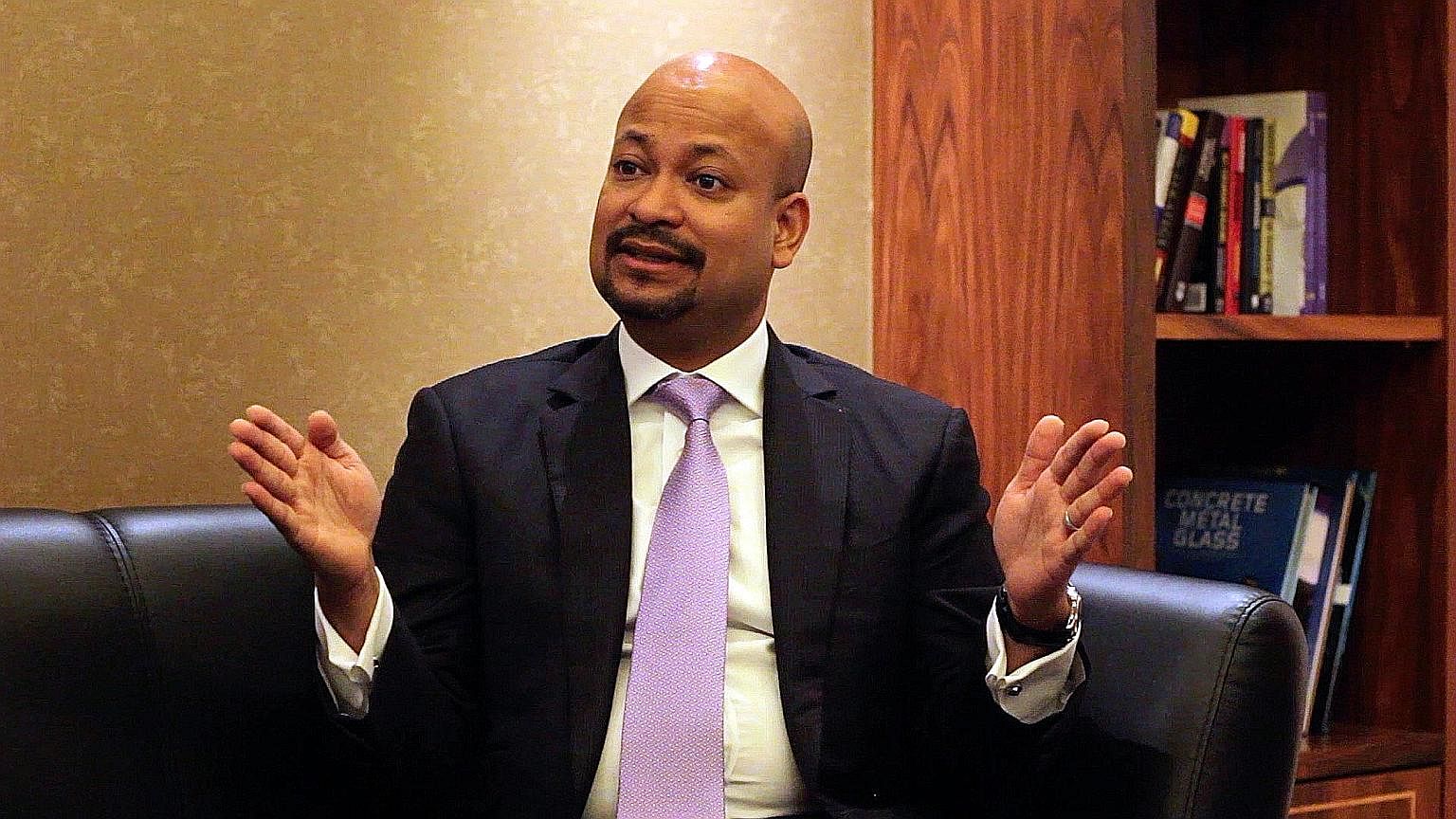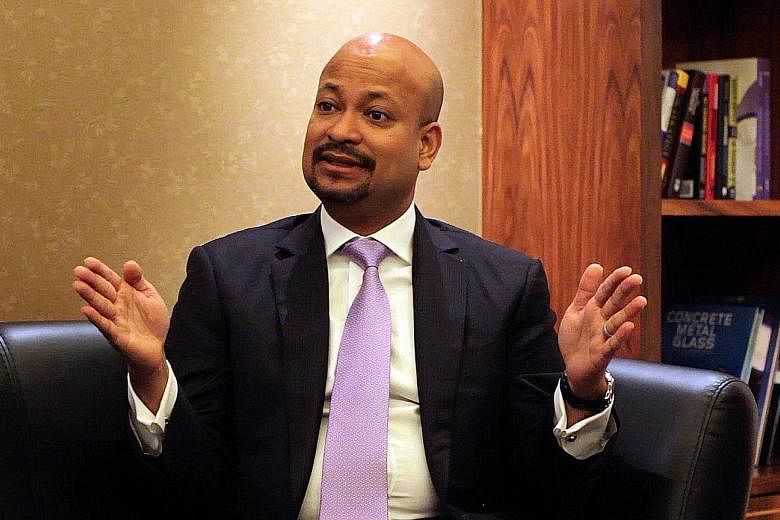The chief of state fund 1Malaysia Development Berhad (1MDB), Mr Arul Kanda, was last Tuesday personally overseeing the dry run for Prime Minister Najib Razak's site visit the next day to the Bandar Malaysia development.
Over a year ago, Mr Arul brokered the deal to sell 60 per cent of the upcoming township by 1MDB for RM7.4 billion (S$2.4 billion), one of the main planks of the plan to retire the state firm's whopping US$11 billion (S$15.5 billion) debt.
But the lavish party to be attended by Datuk Seri Najib and the top brass of the Malaysia-China consortium that bought the stake didn't happen, as the deal was aborted last Wednesday.
More worryingly for the Malaysian government, another key plank to bury 1MDB's controversial dealings - a settlement with an Abu Dhabi sovereign fund over a US$6.5 billion claim - still needs a great deal of work.
The past fortnight was supposed to help draw a line under 1MDB's controversial dealings. It turned out to be two weeks of unfulfilled hopes.

Today, even lawmakers from Mr Najib's ruling coalition are questioning the accord involving 1MDB and Abu Dhabi's International Petroleum Investment Company (IPIC), with claims that taxpayers would eventually have to pay billions of dollars for any shortfall.
While most analysts feel that the protracted 1MDB saga would not be a key issue for voters during the polls - expected to be called this year - it may yet undermine Mr Najib's leadership even if Umno returns to power.
"After the polls, when (Umno is) firmly back in office, 1MDB may become a major factor influencing whether party warlords will move against Najib or not," ISEAS - Yusof Ishak Institute's visiting senior fellow Wan Saiful Wan Jan told The Straits Times.
This is because, until the 1MDB debts are fully dealt with, the scandal is an albatross around Mr Najib's neck. There is also the matter of continuing investigations and court action in the United States, Switzerland and Singapore, which have hurt Malaysia's reputation.
On its part, the Malaysian government is trying to paint the setback caused by the cancellation of the Bandar Malaysia deal as a minor bump on the road. Putrajaya is also saying that the 1MDB-IPIC deal is a success as the parties are making progress.
Immediately after 1MDB and IPIC confirmed The Straits Times' report of their interim settlement on April 24 of a US$1.2 billion loan, the government began talking up the apparent success in erasing some of the liabilities.
"These significant events represent the continued positive progress made by 1MDB, which is nearing the completion of its rationalisation programme," said Mr Najib's press secretary Tengku Sariffuddin Tengku Ahmad in a statement last week.
But opposition MP Tony Pua - one of the sharpest critics of 1MDB - noted that IPIC's disclosure revealed "that they got exactly what they wanted, the return of US$1.205 billion worth of cash advances to 1MDB... and to discharge itself entirely as guarantor for 1MDB's US$3.5 billion worth of bonds".
The dispute stems from a 2015 debt-asset swop which involved 1MDB handing over responsibility for the bonds along with US$3.51 billion it had transferred to Aabar BVI, a British Virgin Islands firm that IPIC denies is its subsidiary.
The Malaysian Parliament's bipartisan Public Accounts Committee (PAC) reported that the transfers could not be verified.
"Are 1MDB and Arul Kanda telling us that despite having paid US$3.51 billion to IPIC, we still owe the US$3.5 billion we borrowed?" asked Mr Pua. "The only explanation for the incredible situation is that the US$3.51 billion was never paid to IPIC as claimed."
Malaysia's Finance Ministry responded by insisting a letter from the BVI authorities confirms that Aabar BVI belonged to IPIC.
But soon, government lawmakers on the PAC began asking questions too. Barisan Nasional MP Marcus Mojigoh from Sabah demanded that the letter be made public. Kedah Umno MP Aziz Sheikh Fadzir called on the Finance Ministry to explain where the payments that 1MDB made to Aabar had gone towards.
Then came news of the Bandar Malaysia deal being cancelled.
Even though there are more than enough suitors to step in, questions remain as to whether taxpayers will again be asked to pick up the tab for 1MDB. The government took back Bandar Malaysia, encumbered by an RM2.4 billion bond and RM2 billion owed for relocation services last year, having sold it to 1MDB in 2011 for just RM1.6 billion.


